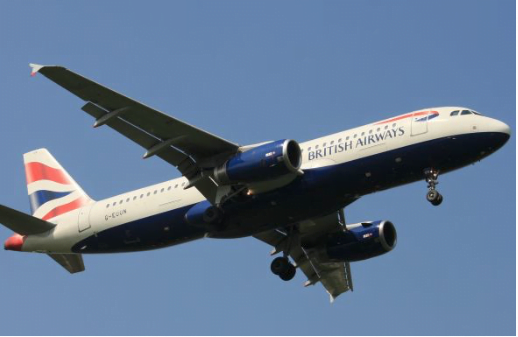Climate change will extend flights to New York

Global warming will strengthen the jet stream, affecting transatlantic flights
The jet stream is a strong wind in the form of a narrow air flow at an altitude of 9-16 kilometers above the Earth's surface, which can reach speeds of over 300 kilometers per hour. It moves eastward and has a significant impact on the climate, affecting the movement of air masses and weather conditions.
Since airplanes fly up to 10-11 kilometers above the Earth's surface, they are also within the reach of jet streams. Flight duration can be increased or decreased depending on whether the airplane is flying against or along the jet stream.
New research from the University of Reading in the UK suggests that global warming will strengthen the jet stream.
Carbon dioxide levels are expected to double within a few decades, meaning the overall duration of a round-trip flight across the Atlantic Ocean will also increase.
Westbound flights from London to New York will take twice as long, instead of the usual seven hours, due to strong headwinds. But eastbound flights from New York to London will likely be shorter, at five hours and 20 minutes, thanks to tailwinds. Still, that doesn't make up for the overall roundtrip flight time.
Overall, aircraft will spend an extra 2,000 hours in the air each year, increasing the risk of delays and costing an extra €19.5 million in fuel.
In addition to the above costs, transatlantic flights will further pollute the environment by emitting 70 million kilograms of carbon dioxide. Based on calculations and projections from the University of Reading, other parts of the world will find themselves in the same situation for the transatlantic corridor.

According to the European Parliament, aviation currently accounts for 5 percent of global greenhouse gas emissions, but at the current rate of industrial development, its share of global emissions could reach 22 percent by 2050, seven times higher than in 1990.
Even though greenhouse gas emissions were not included in the Paris climate agreement last December, the industry is now faced with the Global Market-Based Measure (GMBM), developed by the International Civil Aviation Organization (ICAO) to improve and measure the impact of aviation emissions. Under this new standard, airlines will pay for their greenhouse gas emissions according to a market-based scheme. The law is set to be passed this year and will come into force in 2020.
This means that the overall costs of the enhanced jet stream will be even higher than the researchers had estimated.

